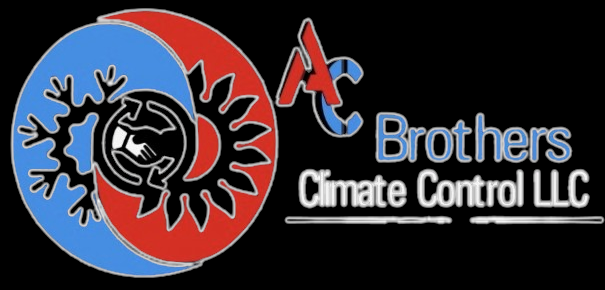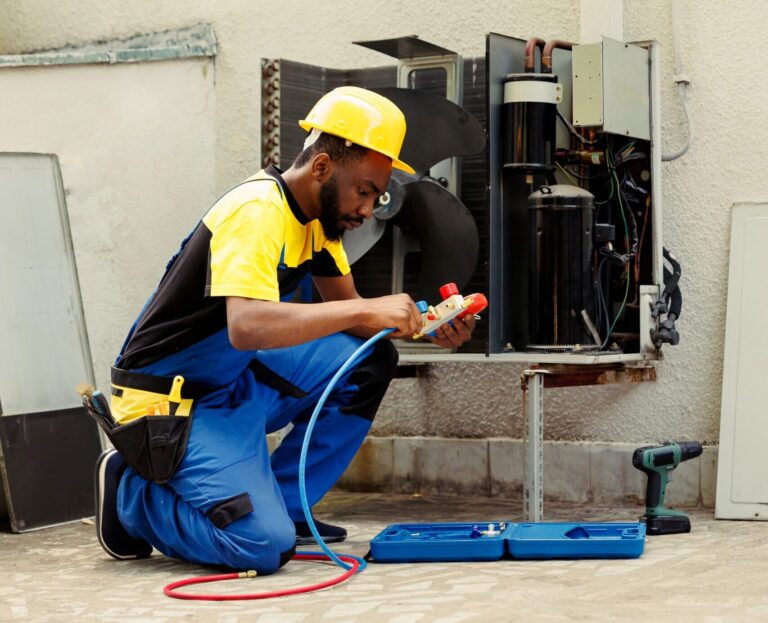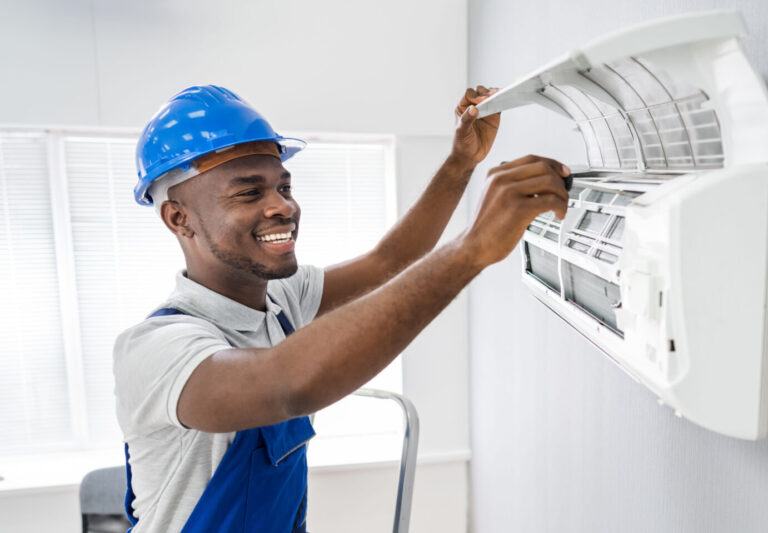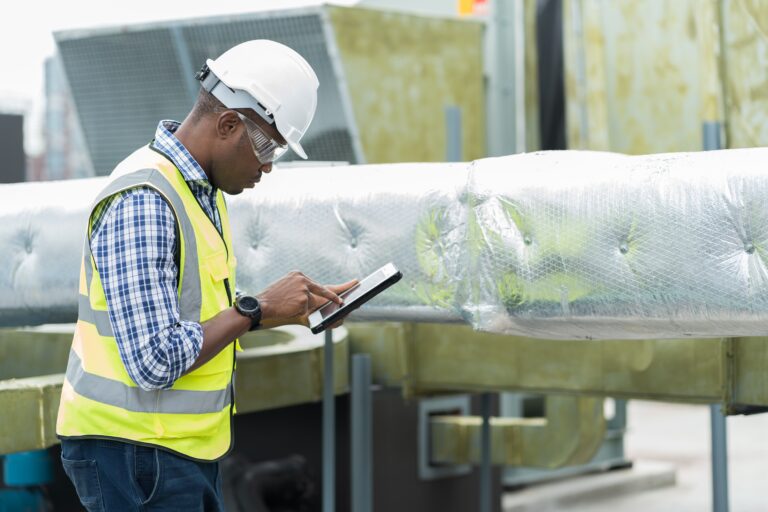Regular maintenance of HVAC (Heating, Ventilation, and Air Conditioning) systems is of paramount importance for several reasons:
- Energy Efficiency: Routine maintenance, including cleaning and tuning, ensures that the HVAC system operates at peak efficiency. An efficiently running system consumes less energy, leading to lower utility bills and reduced environmental impact.
- Extended Lifespan: Regular upkeep helps prevent wear and tear on system components. By addressing minor issues promptly and ensuring all parts are in good working condition, maintenance contributes to the longevity of the HVAC system, delaying the need for costly replacements.
- Improved Performance: A well-maintained HVAC system performs better. It provides more consistent heating or cooling, maintains desired comfort levels, and helps prevent sudden breakdowns, especially during extreme weather conditions.
- Cost Savings: The cost of preventive maintenance is typically much lower than the expense of major repairs or a system replacement. By investing in regular maintenance, homeowners and businesses can avoid unexpected and often more expensive breakdowns.
- Health and Safety: Proper maintenance includes cleaning or replacing air filters, which helps maintain good indoor air quality. Regular inspections can also identify and address issues such as gas leaks or carbon monoxide emissions, contributing to the health and safety of occupants.
- Manufacturer Warranty Compliance: Many HVAC manufacturers require regular professional maintenance to keep warranties valid. Neglecting maintenance may result in voided warranties, leaving the owner responsible for the full cost of any repairs or replacements.
- Reduced Emergency Repairs: Scheduled maintenance allows for the identification and correction of potential issues before they escalate into major problems. This proactive approach reduces the likelihood of sudden breakdowns, emergency repairs, and the inconvenience associated with a malfunctioning HVAC system.
- Environmental Impact: An efficiently running HVAC system consumes fewer resources and reduces overall energy consumption. This not only lowers utility bills but also contributes to a smaller carbon footprint, promoting environmental sustainability.
- Comfort and Productivity: Regularly maintained HVAC systems provide consistent and comfortable indoor temperatures. This is particularly crucial for businesses, as a comfortable environment enhances employee productivity and customer satisfaction.
- Adaptability to Changing Needs: Regular maintenance allows for adjustments to the HVAC system based on changing requirements. For example, the system can be fine-tuned to accommodate alterations in building occupancy, layout, or usage.
In summary, the importance of HVAC system maintenance lies in its ability to enhance energy efficiency, extend the system’s lifespan, reduce costs, ensure safety, and provide a comfortable and healthy indoor environment. It is a proactive strategy that pays off in terms of both performance and long-term savings.



